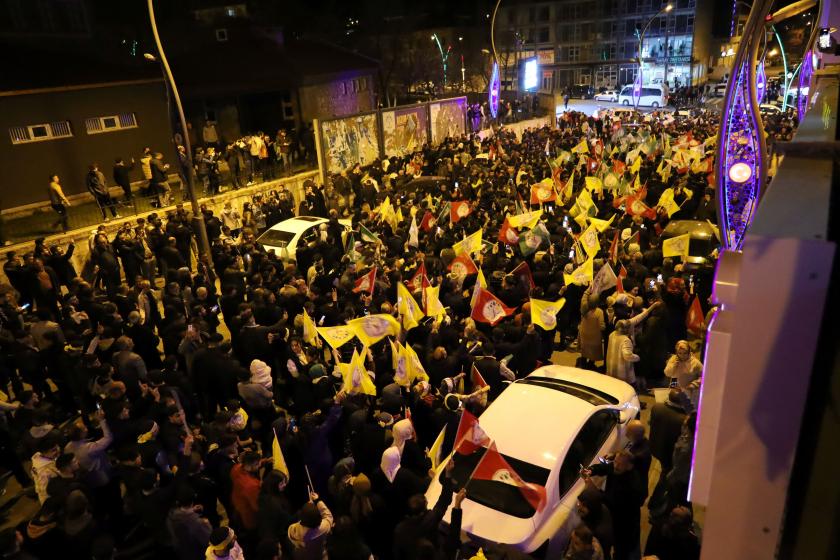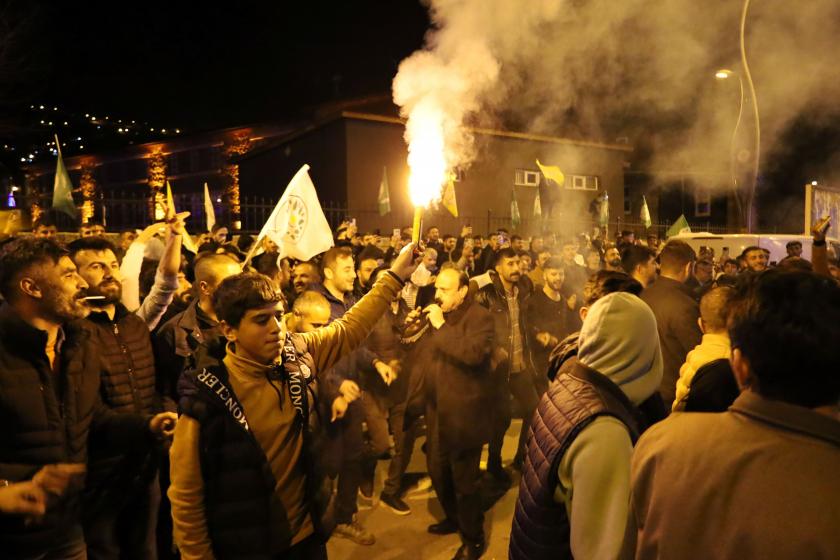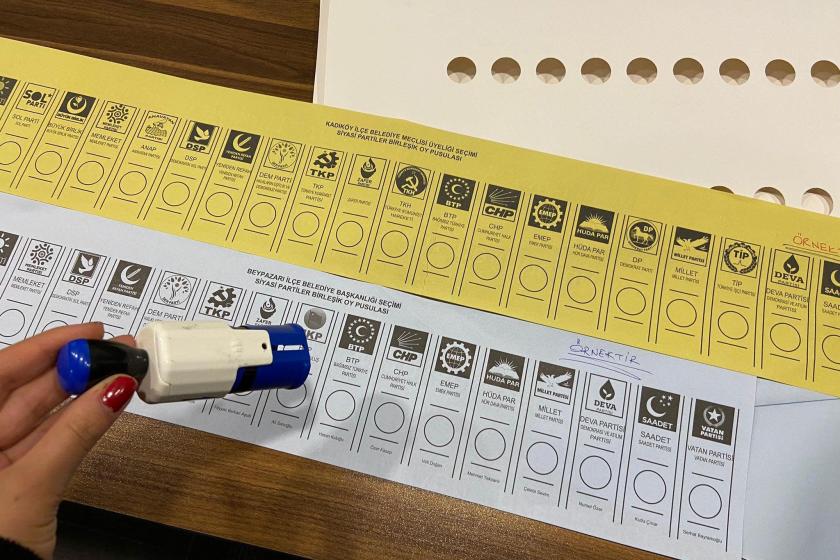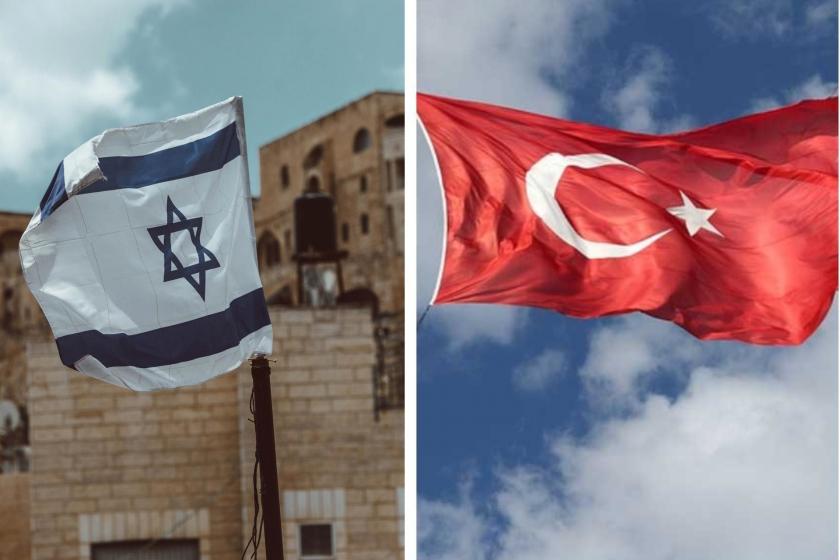Hüsnü ÖNDÜL
On 11 January 2016, 1,128 academics published a declaration titled “We will not be Party to this Crime.” Arrests followed. Trials were brought against hundreds of them at various courts on the charge of violating Article 7/2 of the Counterterrorism Law and these trials are predominantly being heard in Istanbul. Absolutely no court has ordered an acquittal. They have ruled the text of the declaration to be in violation of Article 7/2 of the Counterterrorism Law and thus courts which have made their opinions and viewpoints known have continued and are continuing to try other academics who signed the same text. Defence counsel who object to this state of affairs are reminded of the “impartiality” principle. Some courts have applied to the Ministry of Justice for investigation authorisation in view of the potential application of Article 301 of the Turkish Penal Code. The overwhelming majority of convictions have been transmuted into deferment of sentence orders. This measure has not been applied to some academics, however. There were certain defendants who did not apply for this and insisted on seeking their acquittal. Enhanced sentences were handed down. If examples are called for, first Professors Büşra Ersanlı and Füsun Üstel, and most recently Professors Gençay Gürsoy and Şebnem Korur Fincancı, were awarded custodial sentences and deferment of sentence was not undertaken.
Since September 2018, expulsion orders have been issued under decrees with the force of law appearing at midnight against 405 academics numbering among the Academics for Peace. Let this be a further opportunity to document the implementing of these unlawful decrees with the force of law that violate the ILO’s C111 - Discrimination (Employment and Occupation) Convention.
It will be recalled that there exist reports and assessments on the trials brought against the academics for peace and their expulsion from the academic world of both the Commissioner for Human Rights of the Council of Europe and the Rapporteurs of the Venice Commission of the Council of Europe and the United Nations. These reports at the same time cover the curfews and the post-15 July state of emergency implementations. Concerning this period, reference may be made to the Turkish Human Rights Foundation’s curfew reports along with other reports by the Human Rights Association, bar associations and other civil society organizations. Similarly, with reference to the declaration at issue in the academics’ prosecution, there is for example a discussion of the investigations and trials in Kerem Altıparmak and Yaman Akdeniz’s book “Academics for Peace: Defending Academic Freedoms in Times of Emergency” that appeared in 2017 from İletişim Publishing House. I recommend that you read it. Following this long introduction, I must now speak of two reports – scholarly opinions – which have inspired me to write this article today and have attracted public attention in recent days. The first report is that of faculty member of the Department of Criminal and Criminal Procedure Law of Ankara University’s Faculty of Law, Prof. Dr. Türkan Yalçın. The second report carries the title “Turkish Human Rights Litigation Support Project Expert Opinion.” It was penned by Helen Duffy, professor of law at Leiden University, Philip Leach of Middlesex University and the project legal team.
The scholarly opinion compiled by Professor Yalçın was prepared for submission to Serious Crime Court No 37 where Professor Nihal Saban is on trial. Professor Yalçın, having included “1) The text of the declaration,” “2) The indictment” and “3) Nihal Saban’s defence” in the text of her Scholarly Opinion, analyses “4) The relationship between freedom of thought/expression and the right of criticism and Article 7/2 of the Counterterrorism Law.” Ms Yalçın then engages in discussion beneath the heading “5) The elements of the crime of ‘making terrorist organization propaganda’ regulated in Article 7/2 of the Counterterrorism Law,” and in the concluding section she recalls the legislative justification for the 2013 amendment to Article 7. Yalçın laconically states, “Judgment is to be reached based on the rules of law, not through intuition.” According to Yalçın, the statements included in the declaration amount to the exercising of the freedom of expression and right of criticism enshrined in Articles 10 of the European Convention on Human Rights, 25 and 26 of the Constitution and 26/1 of the Turkish Penal Code and the actus reus and mens rea elements of the crime (7/2 of the Counterterrorism Law) were not present.
The second scholarly opinion consists of 64 paragraphs and, as noted above, is the work of Duffy, Leach and the project legal team. Following the text of the declaration, space is devoted to an examination of crimes of expression and the relevant international standards from paragraphs 9 to 51. Part four on statutory regulations and Turkish implementations extends from paragraph 51 to paragraph 64. Reference is made in the scholarly opinion to the European Convention on Human Rights and European Court of Human Rights rulings, the United Nations and Council of Europe’s human rights commissioners and Venice Commission reports/opinions.
It is pleasing from the point of view of respect for human rights and freedoms that the opinions voiced at all these international bodies and the Turkish criminal law professor and two law professors from two different foreign universities whose opinions I have mentioned in this article have all reached the same conclusions about freedom of expression and the declaration text.
I hope and wish that the Turkish judiciary will champion as behooves it the principle of the supremacy of the law and the principle of respecting human rights.



